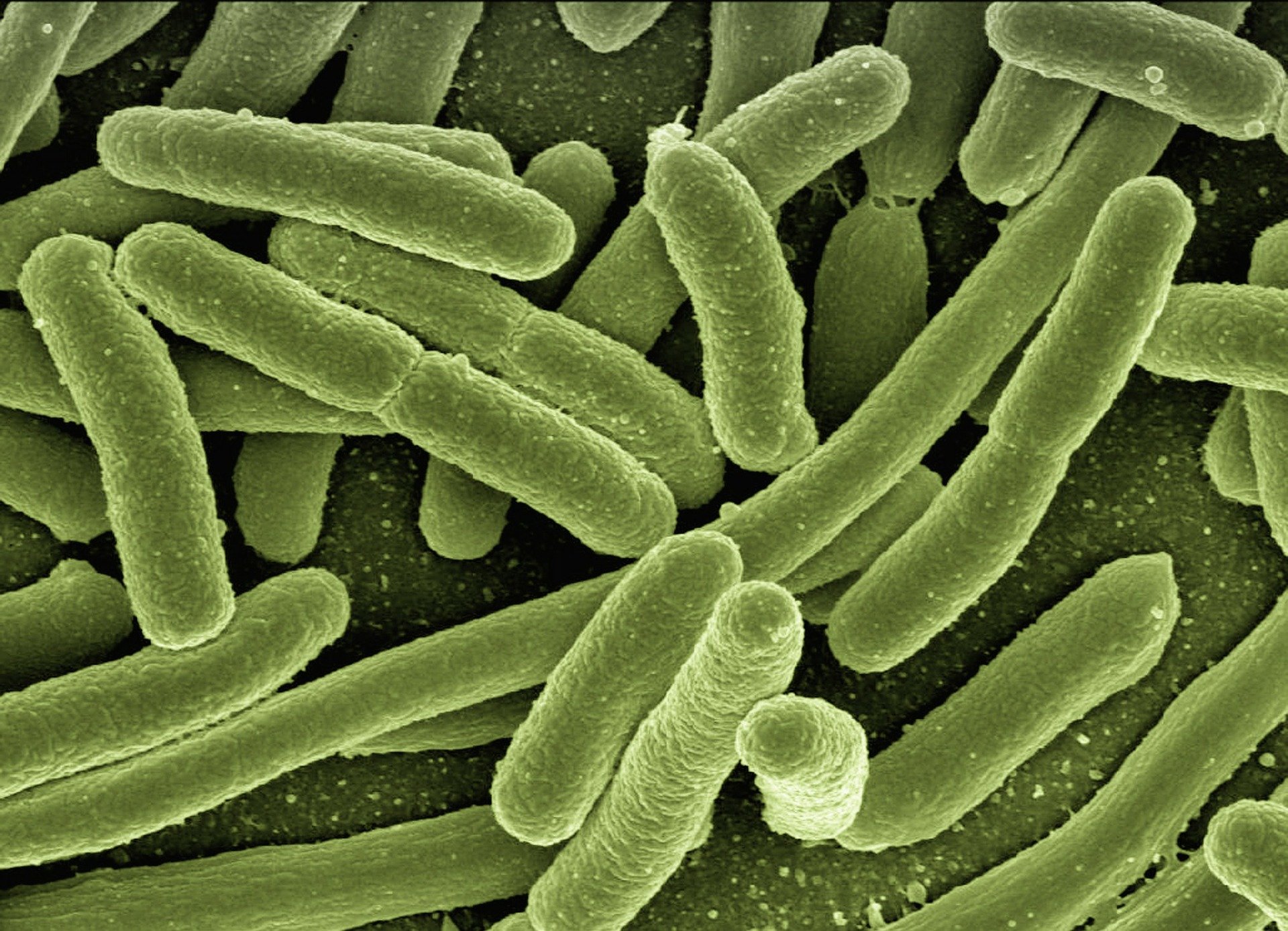Our gut is full of various types of bacteria that are collectively referred to as the “gut microbiome”. The term microbiome refers to the collection of various bacteria, fungi, or single-celled organisms that live inside and on the skin of the human body. Bacteria in the gut microbiome specifically help to break down food during the digestion process, allowing the body to absorb key nutrients. Further research has revealed that these bacteria are engaged in a wide diversity of roles in addition to digestion. For example, new discoveries have shown the gut microbiome’s connections to cancer development and progression, obesity, and anxiety. Recently, a team of scientists from the University of Calgary discovered that the gut microbiome can help enhance cancer immunotherapy treatments against specific cancer types.
Cancer immunotherapy refers to the idea of using a person’s own immune system to fight their cancer. The treatment amplifies the immune system’s response to create a stronger attack on growing cancer cells. In order to study the relationship between the gut microbiome, cancer growth, and immunotherapy, the researchers isolated several bacterial strains found in the gut. These bacterial strains were associated with colorectal tumors that were being treated using immunotherapy. After isolating these bacteria strains, they were transferred to germ-free mice (mice raised in isolation and therefore have no exposure to bacteria). The mice were then treated using immunotherapy. The researchers used the “immune checkpoint blockade” (ICB) immunotherapy treatment. This treatment targets and blocks checkpoint proteins that serve to regulate the growth of immune cells. Under normal circumstances, checkpoint proteins will be activated to limit the amount of cell growth and proliferation in order to control the immune system’s response. Therefore, blocking these proteins can enable expanded growth and activation of immune cells (T-cells) that can kill cancer cells.
A representative image of a T-cell, which is used in immunotherapy treatments to enhance a person’s ability to fight against cancer.
Image Source: Callista Images
Following the transplantation of the bacterial strains and treatment, the researchers discovered that the bacteria significantly enhanced the immune response of the germ-free mice, resulting in tumor shrinkage. It was discovered that the bacteria produce a specific metabolite, inosine, which can enhance the differentiation process of T cells, leading to a larger population of these cells. An increased number of T-cells combined with the ICB treatment activating these cells enables the immune system to mount a much stronger response to cancer and result in decreased tumor size.
This research helps to further determine factors that can help and influence cancer treatment. As scientists become more knowledgeable on the gut microbiome and its connections to other parts of the body, the more this information can be used for future medical advancements. Cancer immunotherapy is currently being heavily researched as it would enable patients to use their own immune system to fight their cancer. Hopefully, it will eliminate the need for using strong treatments like chemotherapy and radiation in the future!
Featured Image Source: Gerd Altmann










